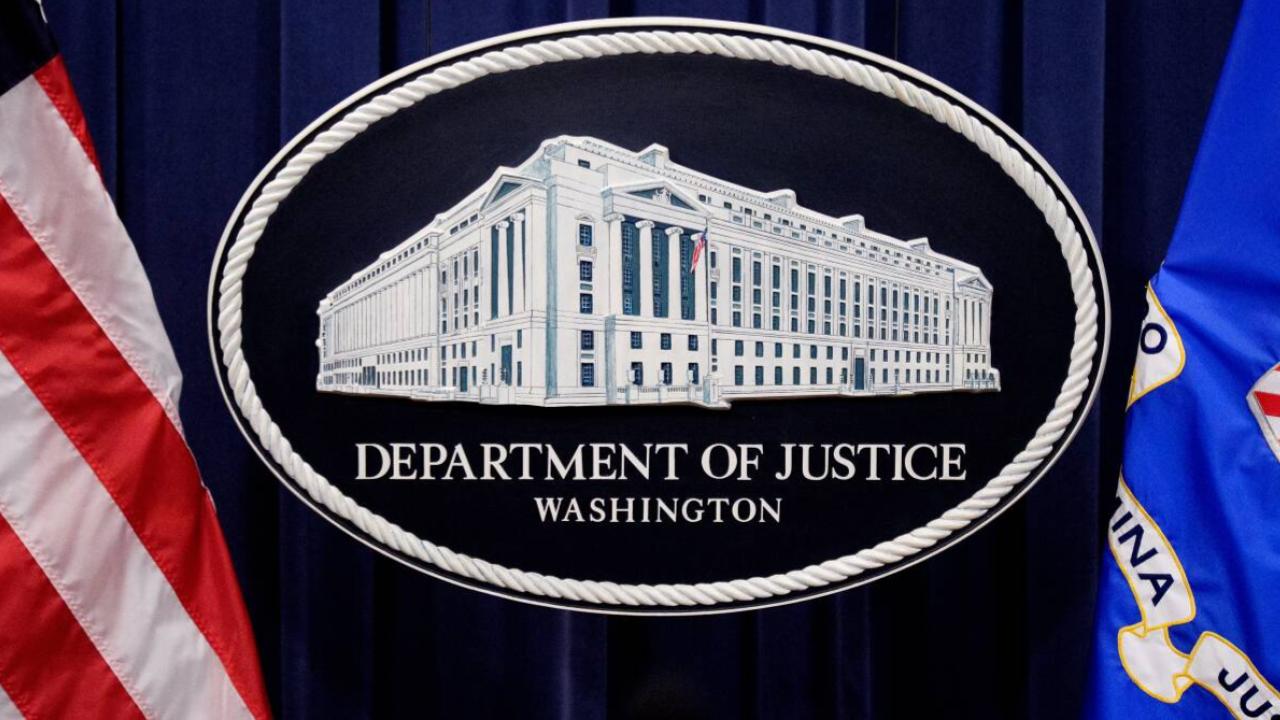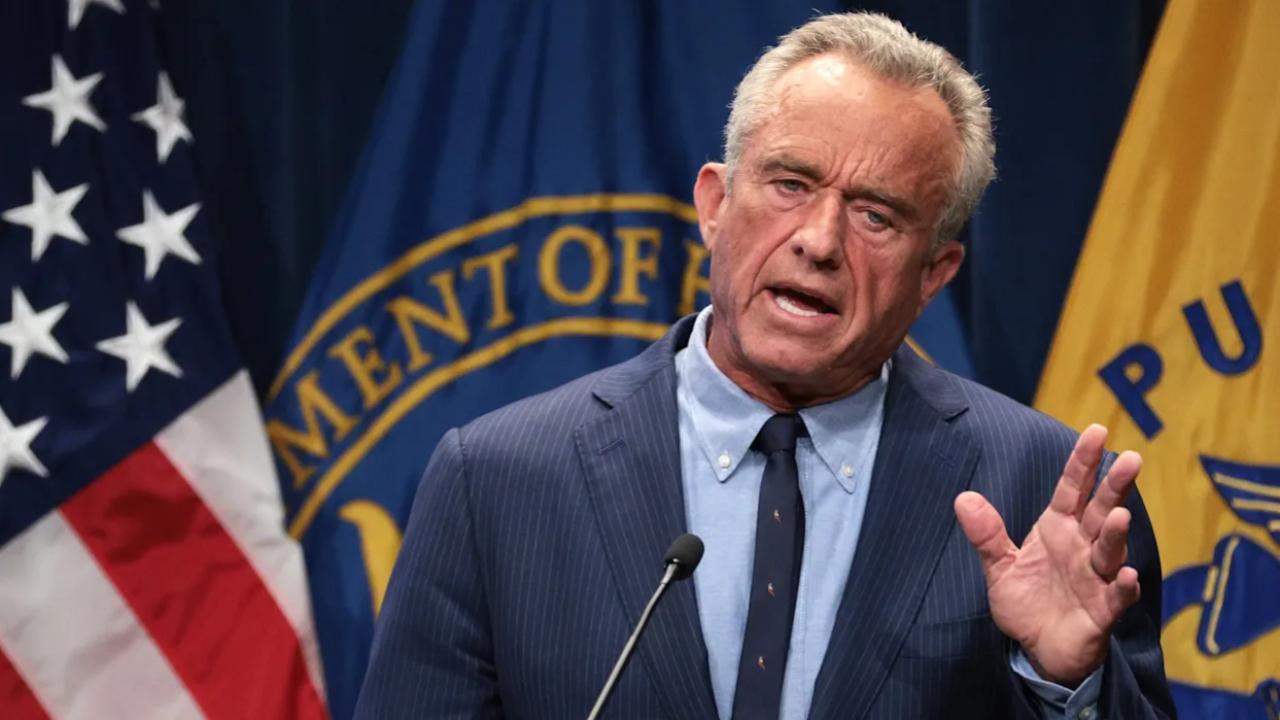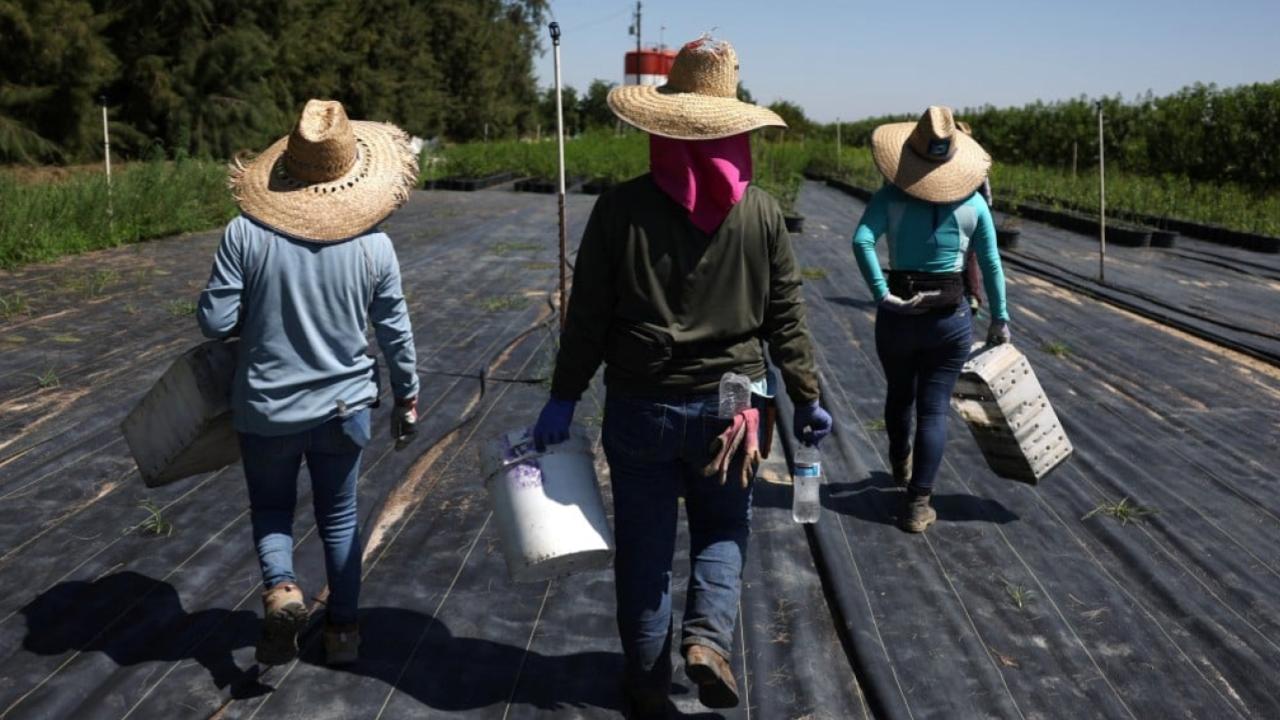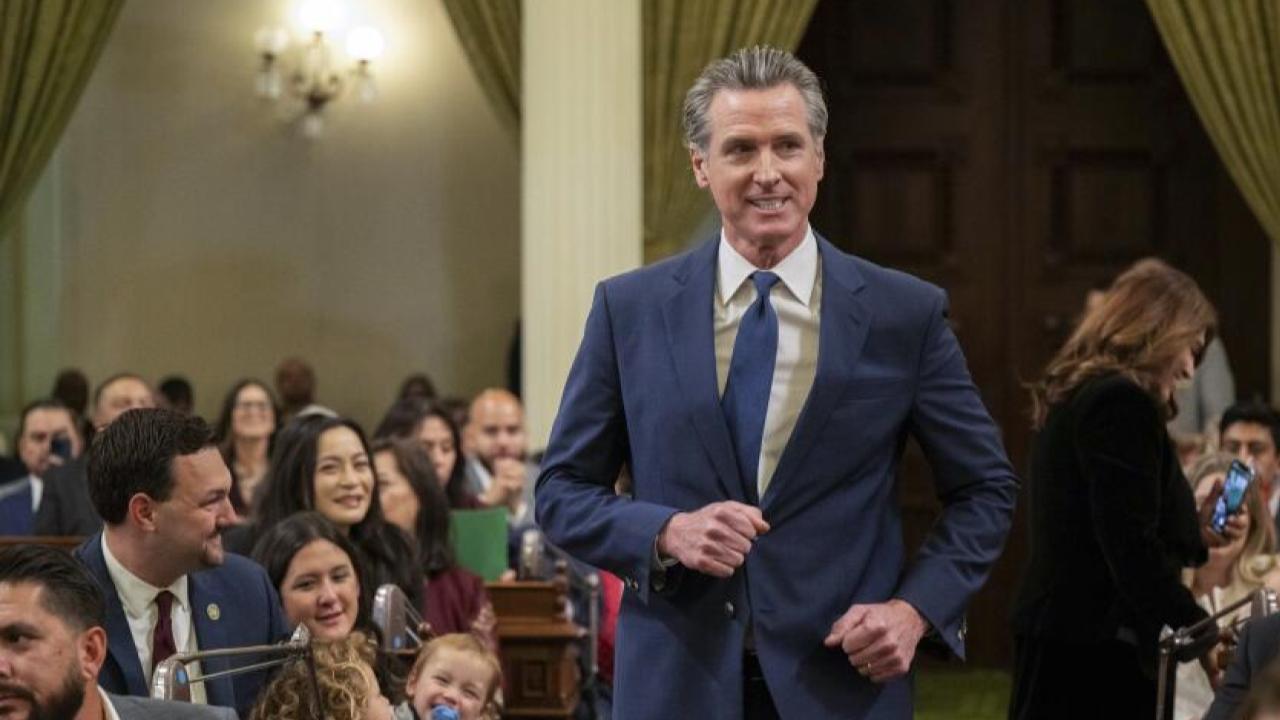In a scathing rebuke released June 30, 2025, the U.S. Department of Justice joined three other federal agencies to accuse Harvard University of “violent violations” of civil rights law. The finding stems from an investigation into antisemitism on campus, where students reported threats, assaults, and a culture of fear.
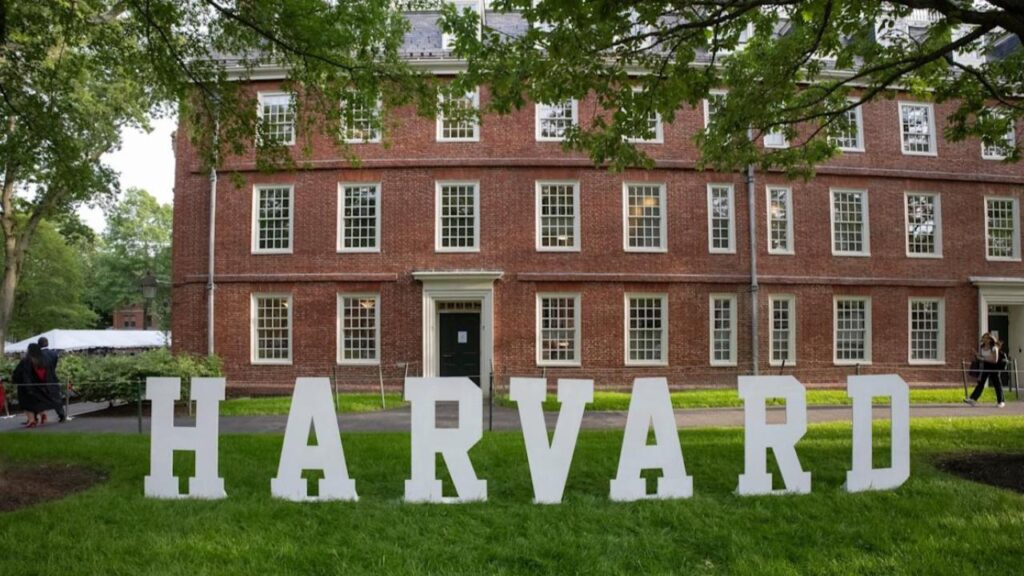
DOJ Slams Harvard for ‘Violent’ Civil Rights Breach
| Insight | Detail |
|---|---|
| Hostile campus culture | Jewish and Israeli students faced threats, harassment, and physical violence. |
| Federal rebuke | Harvard’s handling of complaints was labeled a “violent violation” of Title VI. |
| Financial penalties | Over $3 billion in research funding is frozen pending reform. |
| Bipartisan pressure | Investigations advanced under both Trump and Biden administrations. |
The DOJ’s findings against Harvard highlight a deeper crisis in campus culture and civil rights enforcement. Whether Harvard reforms quickly or continues to challenge federal authority will shape the future of higher education nationwide.
A Crisis Years in the Making
The Department of Health and Human Services’ Office for Civil Rights (OCR) began investigating Harvard following complaints that Jewish students faced targeted harassment, including being spit on, threatened, and pushed. Some students reportedly concealed their identity to avoid confrontation.
One former student told federal investigators they “no longer felt safe walking to class wearing a Star of David.”
The report pointed to a pattern of inaction by the university, especially during and after pro-Palestinian protests. While universities are generally reluctant to suppress speech, federal law requires them to protect students from discrimination that interferes with their education. “Harvard acted with deliberate indifference,” the joint federal letter stated. “This created a hostile environment so severe it denied students equal access to educational opportunities.”
Harvard Pushes Back
In a statement, Harvard said it “disagrees strongly” with the federal characterization, but acknowledged the need to improve campus safety.
The university claims to have taken new steps, including:
- Adopting the IHRA definition of antisemitism.
- Requiring uniform disciplinary procedures for protests.
- Enhancing security training for faculty and staff.
But critics say these changes came too late. Civil rights watchdogs argue that years of complaints went unheeded until federal pressure mounted.
Politics and Precedent
This isn’t Harvard’s first Title VI controversy. Earlier this year, the Biden administration quietly resolved a similar complaint involving Jewish student safety. And under the Trump administration, the Department of Education froze over $3 billion in federal grants.
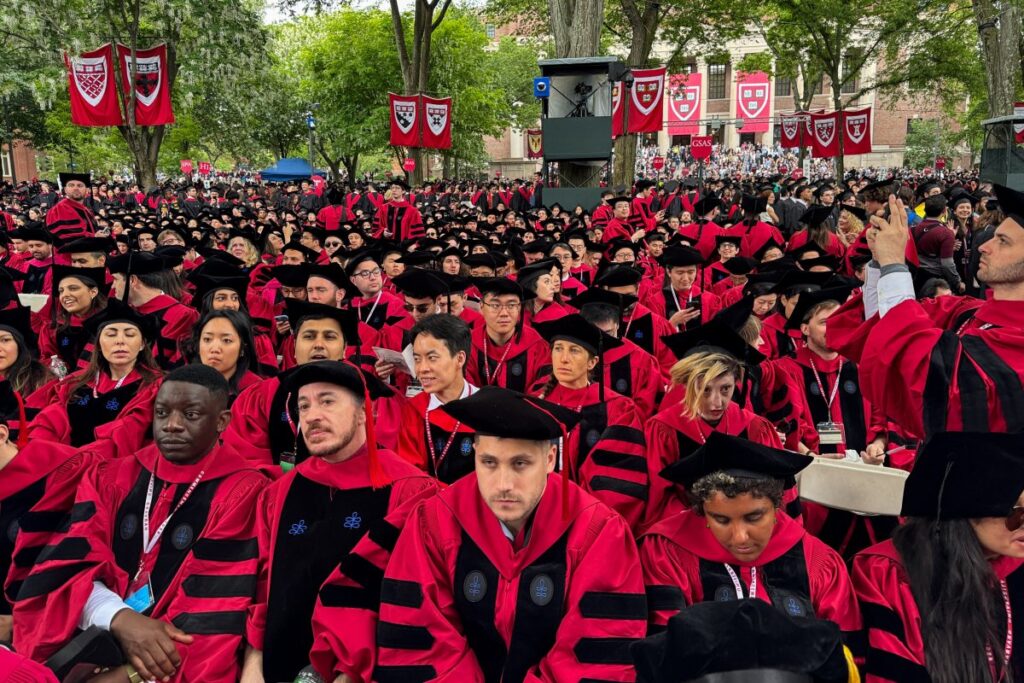
Adding to the pressure, Harvard is now suing the Trump administration, claiming these funding freezes violate due process.
What makes this case different?
For starters, it comes at a time of national reckoning over campus speech and safety. In the wake of last year’s Supreme Court decision ending affirmative action, scrutiny of elite universities has intensified.
“Harvard is a bellwether,” one civil rights attorney told me. “If the feds can hold them accountable, it sends a message to every campus in America.”
What’s at Stake
Billions in Funding
Harvard could lose access to critical research funds and student visa programs if it fails to implement federal reforms.
Campus Credibility
The university’s reputation as a safe and inclusive institution is on the line. Inconsistent protest policies and vague disciplinary rules have led to deep distrust among students and faculty.
National Implications
This case could reshape how federal agencies enforce civil rights protections in education, especially amid heated debates over Middle East politics and free speech.

